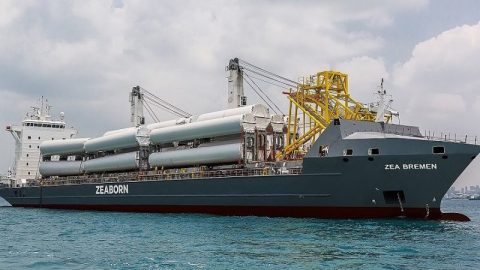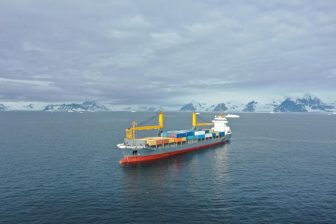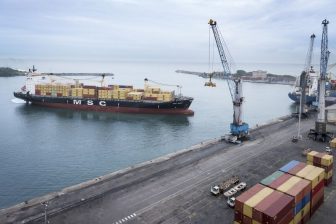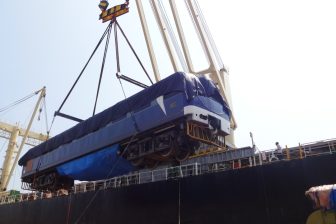
Zeaborn eyes more cheap second-hand tonnage
German shipping company Zeaborn eyes more cheap, second hand tonnage now that a multitude of new environmental legislation will force ship owners to either sell or invest in their ships.
“The 2020 sulphur cap and ballast water regulation are a significant challenge to the technically and financially massively stressed world fleet. We see new ownership of significant parts of the currently stressed tonnage, mainly under the control of the financing banks”, managing partner Ove Meyer in an interview with Maritime CEO.
Currently, about 30% of the world’s multi-purpose fleet is not able to pay their debts. These assets are being held by banks and are ready to be traded off, Meyer says.
Consolidation
Zeaborn has grown rapidly since its foundation in 2013, which was mainly possible due to a large amount of distressed German shipowners that had to sell-off ships due to bankruptcy or in order to stay afloat. Germany has become the largest seller of secondhand tonnage in the past six years, having sold nearly 1,700 ships between 2012 and the end of 2018.
But next to buying second-hand vessels at a low price, the German shipping company has also been at the forefront of the consolidation in the industry. Most notable are its acquisitions of bankrupt Rickmers-Line and ER Schiffahrt and its merger with Intermarine.
Meyer expects the consolidation in the MPP sector will probably continue until at least the second half of 2020. “With the overlapping of 2020 regularities and outstanding BWT requirements, there will be only a few companies able to cope with the new economic environment. This situation applies to the whole MPP sector, owners as well as technical managers and operators. From what we see today, this process will be even fuelled in the second half of 2019 by customer requirements and actions taken on the side of financing banks,” Meyer says.
Zeaborn’s managed fleet currently comprises more than 150 ships.



